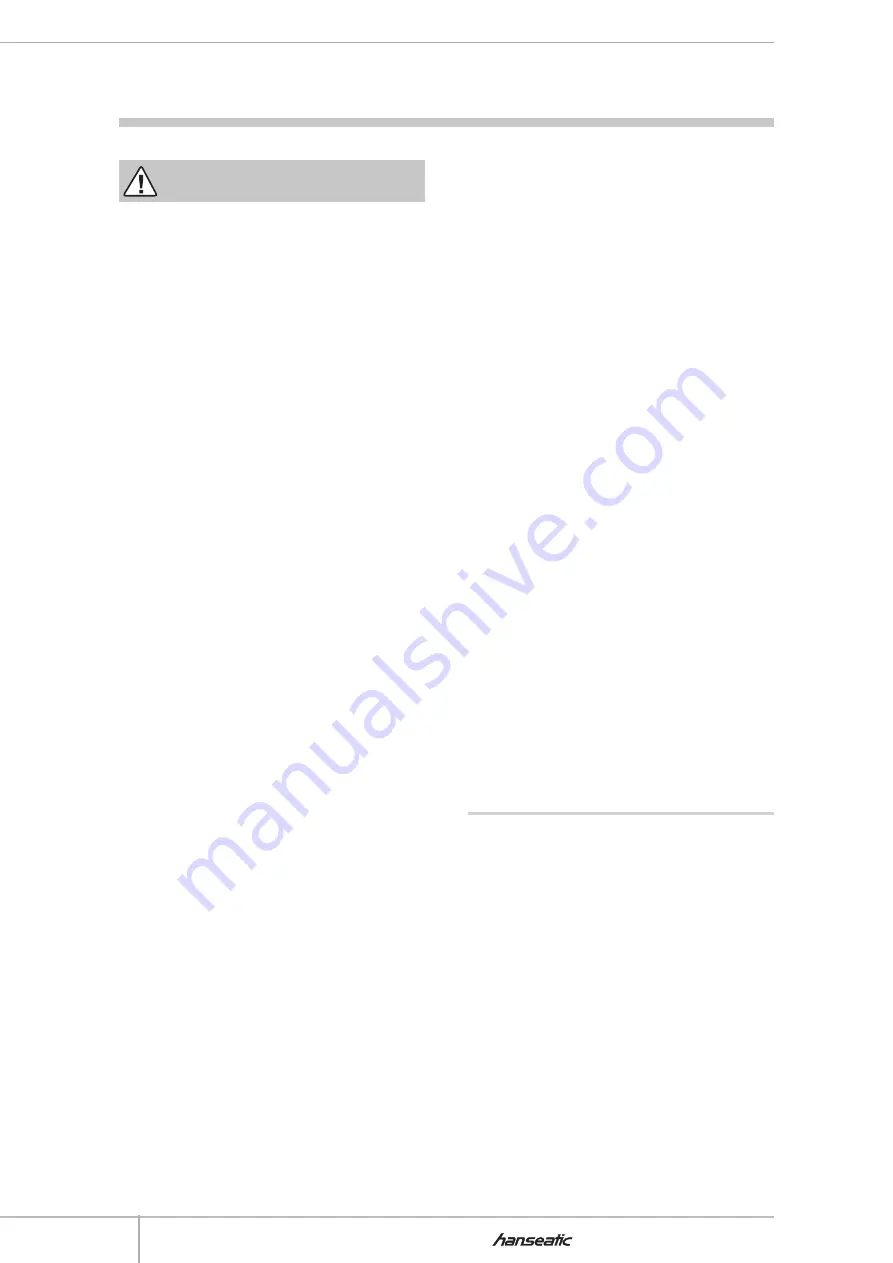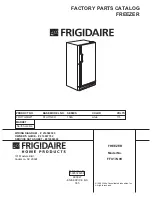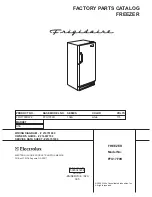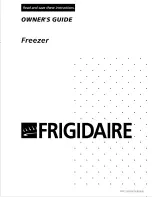
HGS17060EW, HGS17060ES
Freezing and storing frozen food
EN-16
Freezing and storing frozen food
WARNING
Risk of injury!
Improper handling of the appliance may
result in injury. Risk of burns caused by
low temperatures.
• The food and the inside walls of the
freezer unit have a very low tempera-
ture. Never touch them with wet hands.
This can cause injury to the skin. Skin
damage can occur even with dry skin.
Do not put ice cubes or ice lollies straight from
the freezer into your mouth.
Danger of explosion!
Improper handling of the appliance can
lead to explosions.
• Do not store explosive substances
or spray cans with flammable pro-
pellants inside the appliance, as they
may cause ignitable gas-air mixtures
to explode.
• Do not freeze any fizzy drinks; water
expands when frozen.
• Do not store glass or metal containers
of liquid. The containers could break.
• Only freeze high-proof alcohol that is
tightly sealed.
Health hazard!
Contaminated food can cause health
problems.
• Opening the door for long periods can
cause a significant increase of the
temperature in the compartments of
the appliance.
• Clean regularly surfaces that can
come in contact with food and acces-
sible drainage systems.
• If the refrigerating appliance is left
empty for long periods, switch off, de-
frost, clean, dry, and leave the door
open to prevent mould developing
within the appliance.
Health hazard!
Incorrect handling, insufficient cool-
ing or overlapping items can spoil the
stored food. This could lead to a risk of
food poisoning when consumed!
• In particular, pack raw meat and fish
carefully to ensure that adjacent food
cannot be contaminated by salmonel-
la or similar bacteria.
• Abide by the storage times recom-
mended by food manufacturers. Note
that the shelf life of the frozen food
may be shortened due to a rise in the
temperature inside the appliance (from
defrosting, cleaning or power failure).
• Remove the stored frozen food from
the appliance – even when only switch-
ing off the appliance temporarily – and
store it in a sufficiently cool place or in
another refrigerating appliance.
• After a possible power failure, check
whether the stored foodstuffs are still
edible. The maximum storage time
in the event of a malfunction can be
found on the type plate of the appli-
ance.
• Consume thawed and defrosted foods
immediately; do not refreeze.
• Follow the instructions in this chapter to
store your food over the longest possible
time in the best possible way.
Freezing food
Freezing means reducing the core temperature
of fresh, room-temperature food to frozen as
quickly as possible – for best results ‘flash-fro-
zen’. If not cooled quickly enough, the food will
be "killed by frost", i.e. the structure will be de-
stroyed. A constant storage temperature of –18
°C is needed to maintain the food’s consistency,
taste and nutritional value.
Freezing food has a positive effect on its shelf
life. This will help to avoid food waste.
Содержание 17800610
Страница 52: ......











































